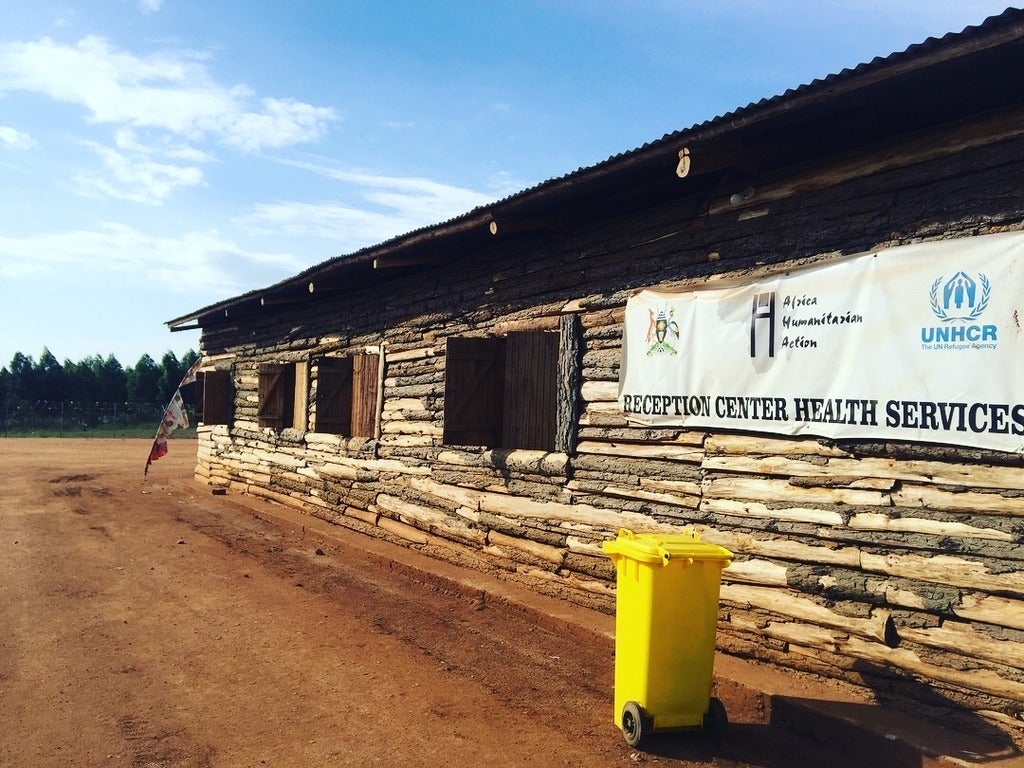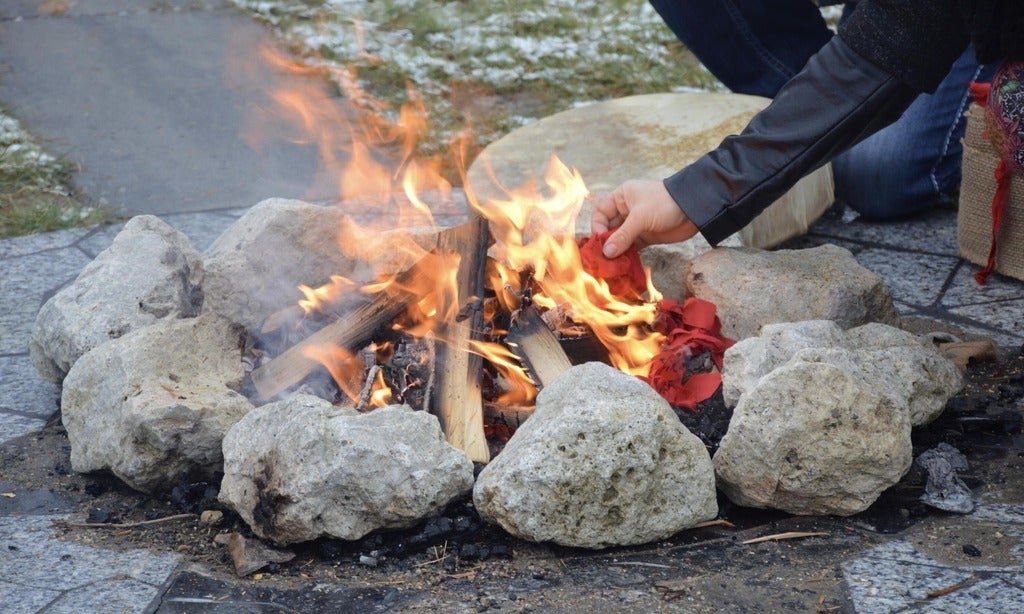Please participate in Bridge: Honouring the Lives of Missing and Murdered Indigenous Women, Girls, and Two Spirit People, an annual installation for 16 Days of Activism Against Gender-Based Violence at the University of Waterloo.
- Opening Ceremony on Friday, October 27 at 10:00 AM
- Closing Ceremony on Friday, November 10 at 10:00 AM
Both ceremonies will take place at the Ceremonial Fire Grounds and the bridge between Environment 3 and United College and will be followed by a catered Soup Lunch and Creative Reflection.
All are invited to stay for a Soup Lunch hosted by the Shatitsirótha' Waterloo Indigenous Student Centre (WISC) and supported by the Department of Communication Arts after the Opening and Closing Ceremonies from 12:30 to 1:30 PM. Al McDonald is returning as the Ceremonial Fire Keeper.
Working with Shatitsirótha' Waterloo Indigenous Student Centre (WISC), the Office of Indigenous Relations (ORI), the Sexual Violence Prevention Response Office (SVPRO), and 16 Days of Activism Against Gender-Based Violence, Dr. Sorouja Moll initiated Bridge in 2015 to create a space for all University community members to learn about the crisis as they reflect upon their responsibilities and share in speaking the names of the lives taken to honour and remember as the red fabric is tied to the bridge between Environment 3 and United College.
For the Opening Ceremony, we are requesting volunteers to read the names — please contact Sorouja Moll.
The gesture to name, remember, and honour the 5000+ missing and murdered Indigenous Women, Girls, and Two Spirit People across the many nations in Canada is an active engagement in learning about the depth of the crisis in Canada while resisting and (en)countering the existing silence that continues to shroud it. Originally installed in Montreal in 2009, as The Writing Names Project, Moll's research-creation initiative is a counter-memorial and is part of a meaningful and sustained collaborative intercultural praxis between Indigenous and non-Indigenous communities.
Watch the Bridge: Honouring the Lives of Missing and Murdered Indigenous Women, Girls, and Two Spirit People 2019 video.

